

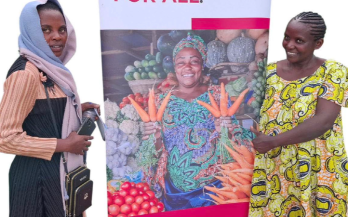
Strengthening Large-Scale Food Fortification Programmes in Rwanda
- 25/04/2025
This brief aims to 1. Describe the micronutrient malnutrition and LSFF programme context in Rwanda; 2. Identify challenges and opportunities to strengthen existing programs; 3. Provide practical, evidence-informed policy and programmatic recommendations; and 4. Catalyse multi-stakeholder collaboration to reduce micronutrient deficiencies.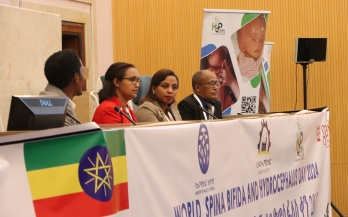
Driving Change Through Fortification – Recognising Neural Tube Defects in Ethiopia
Neural Tube Defects (NTDs) occur when the neural tube doesn't close properly during the first month of a mother’s pregnancy. This can result in a range of physical and cognitive disabilities, often requiring extensive medical care, including surgeries, ongoing treatments, and rehabilitation.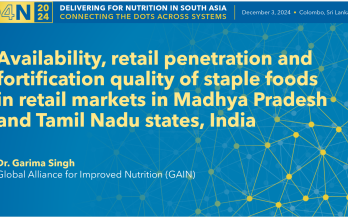
Availability_retail penetration & fortification quality of staple foods in retail markets in MP & TN in India
- 02/12/2024
Availability, retail penetration and fortification quality of staple foods in retail markets in Madhya Pradesh and Tamil Nadu states, India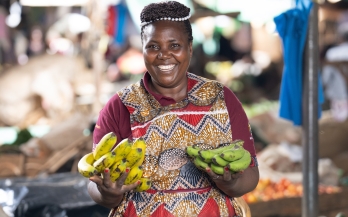
GAIN MOZAMBIQUE’S PORTFOLIO
- 01/01/2025
To address the triple burden on Mozambican’s Food system, GAIN in Mozambique is focused on innovative, scalable, and impactful initiatives aimed at identifying, updating, and disseminating legislation; developing businesses that produce and distribute safe and nutritious food; and implementing approaches to increase the demand and consumption of healthier diets by all Mozambicans
Manifesto for Accelerated Action Convening of Large-Scale Food Fortification Practitioners
- 12/11/2024
Deficiencies in essential vitamins and minerals (micronutrients) cause devastating damage, particularly for children and women of reproductive age, resulting in increased risks of death, disabilities, more severe and longer-lasting illness, and compromised cognitive and physical development and performance and productivity of people and countries.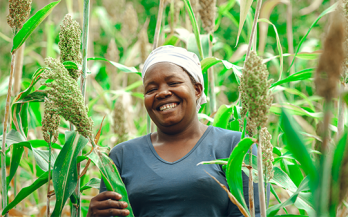
Nutrition for Growth (N4G) Summit
- France
Built on our efforts at Tokyo N4G, GAIN will try to harness the capacity of the private sector to transform food systems and tackle malnutrition. Businesses large and small are the main drivers behind the action, investment, and financial flows that supply our diets everywhere.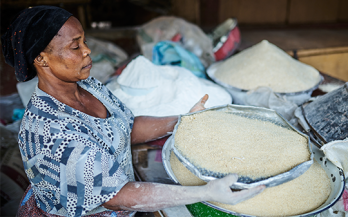
Fortifying Nations: Forging New Alliances for Food Fortification
Global
In this webinar, we will learn from the experience of advocacy coalitions in Bangladesh, Nigeria, and Ethiopia. Representatives from these efforts will discuss how they have pursued joint action on fortification in their countries, what they have learned from this work, and plans for the future, including plans to utilise the World Health Assembly resolution on food fortification and the global N4G Summit to strengthen national efforts through contributing to significant global moments. The workshop will be a great opportunity to discuss the theory and practice of advocacy for food fortification and strategies to accelerate progress in the coming years.
Filling Indonesia’s Micronutrient Gap: The Potential of Fortified Rice in the Social Protection System
- 31/05/2024
Micronutrient malnutrition remains a significant challenge in Indonesia, particularly among impoverished populations who struggle to afford and access nutrient-rich foods. Iron deficiency anemia is especially concerning, affecting 48.9% of pregnant women and 38.5% of children across the country. To address these gaps, the Ministry of Health, in collaboration with the Global Alliance for Improved Nutrition (GAIN), conducted a comprehensive Micronutrient Gap Assessment (MGA). This assessment aimed to evaluate micronutrient intake levels among Indonesians and identify the potential benefits of rice fortification in meeting recommended dietary requirements.